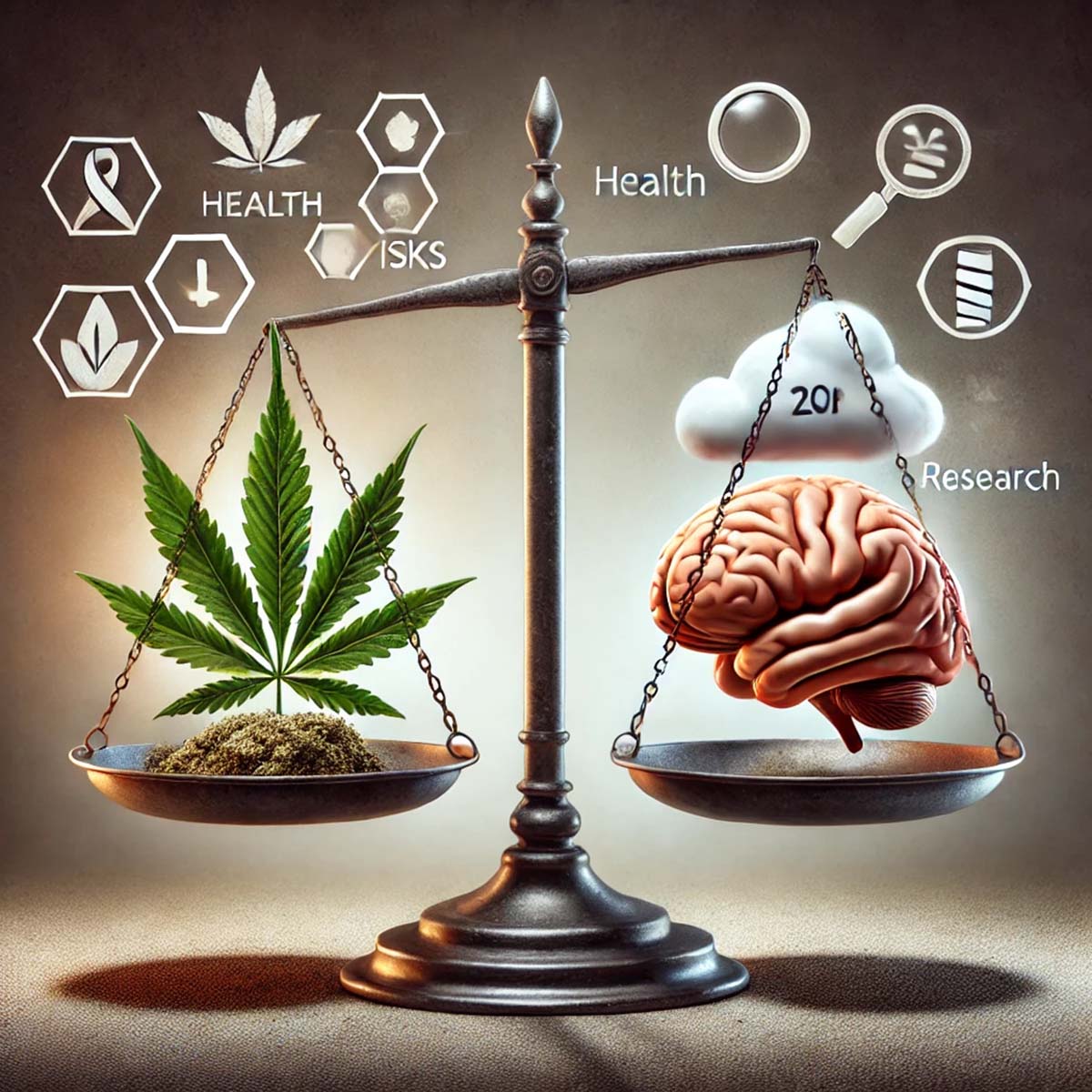Marijuana, a widely debated substance, has gained significant attention in recent years. While discussions often focus on its potential benefits, it is equally important to address the potential harms associated with its use. This analysis aims to provide an objective view of the negative effects of marijuana on individuals and society as a whole. By exploring both short-term and long-term consequences, we can gain a comprehensive understanding of the potential risks involved.
Cognitive Impairment
One of the most widely recognized negative effects of marijuana is its impact on cognitive function. Regular marijuana use, especially during adolescence, has been linked to impaired memory, attention, and decision-making abilities. These cognitive deficits can hinder academic performance, professional success, and overall quality of life.
Mental Health Risks
While some studies suggest that marijuana can have positive effects on mental health, there is also evidence to suggest that it may pose risks, especially for susceptible individuals. Marijuana use has been associated with an increased risk of developing or exacerbating mental health conditions such as anxiety disorders, depression, and psychosis. Individuals with a predisposition to these conditions may be particularly vulnerable.
Respiratory Health
Smoking marijuana, whether in the form of joints or pipes, can have detrimental effects on respiratory health. Similar to tobacco smoke, marijuana smoke contains harmful toxins and carcinogens that can damage lung tissue and lead to respiratory problems such as chronic bronchitis or lung infections. Long-term marijuana smoking may also increase the risk of developing lung cancer.
Addiction and Dependence
Contrary to popular belief, marijuana can be addictive. Regular use, especially when initiated at a young age, increases the risk of developing dependence. Marijuana use disorder can lead to withdrawal symptoms, loss of control over use, and difficulties in various aspects of life, including relationships, education, and work.
Impaired Driving and Safety Risks
Marijuana use can impair motor skills, coordination, and reaction time, making it unsafe to operate vehicles or machinery while under its influence. Studies have shown an increased risk of accidents and injuries among individuals who drive or engage in other safety-sensitive activities after using marijuana. Combining marijuana with alcohol further exacerbates these risks.
Negative Impact on Youth
The impact of marijuana on youth deserves special attention. Adolescents who use marijuana are at higher risk of negative consequences, including impaired brain development, poor academic performance, increased likelihood of substance abuse disorders, and compromised social and emotional development. Early marijuana use has long-lasting effects that can hinder a young person’s future prospects.
Final Thoughts
While discussions on the potential benefits of marijuana are ongoing, it is essential to recognize and address the potential harms associated with its use. Cognitive impairment, mental health risks, respiratory health issues, addiction, impaired driving, and the negative impact on youth are among the significant concerns related to marijuana use. It is crucial to approach marijuana consumption with caution and make informed decisions based on individual circumstances, considering both the potential benefits and risks involved. By fostering responsible use and furthering research in this area, we can better understand how to mitigate the potential harms and promote public health and well-being.



